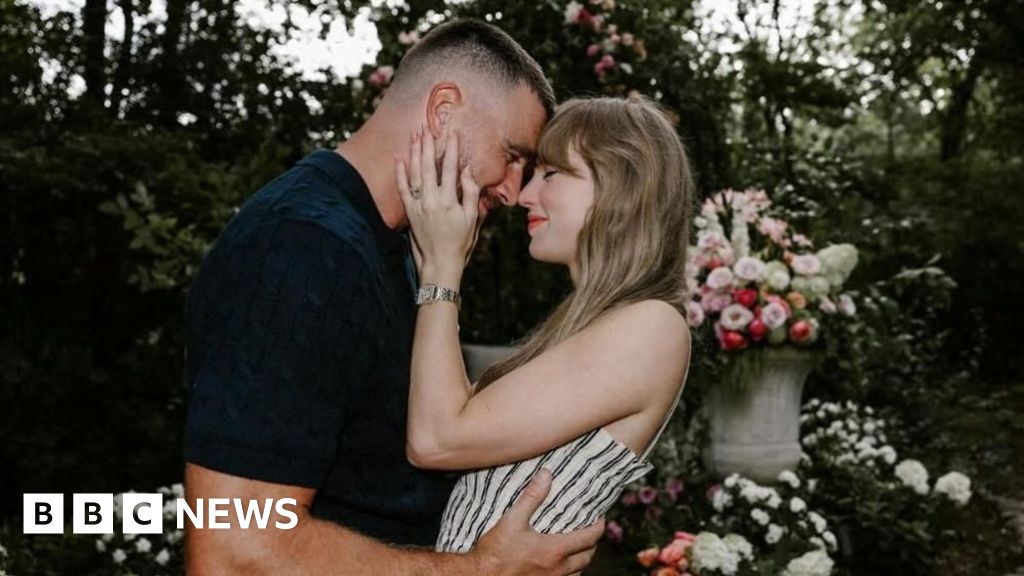In May, rumors of a coup in Ivory Coast swept through social media, causing alarm both domestically and internationally. Friends reached out to individuals like Mafalda Marchioro, a management consultant based in Abidjan, after seeing videos of soldiers in the streets and sensational claims flooding platforms. These accusations turned out to be entirely fabricated, marking yet another instance of rising disinformation in a region already grappling with military takeovers.
Ivory Coast, which maintains a close relationship with Western nations, is gearing up for presidential elections later this year. President Alassane Ouattarra, who is running for a controversial fourth term, is a focal point of criticism from some factions. Accusations suggest that these rumors are aimed at undermining the electoral process and generating chaos in a country that is relatively peaceful amid regional volatility.
The Communications Minister of Ivory Coast, Amadou Coulibaly, suggested that the misinformation originated from "neighboring countries," hinting at a connection to escalating tensions with Burkina Faso. Influencers, particularly those labeling themselves as pan-Africanists, appear to have played a significant role in amplifying these narratives, often backing military leaders like Burkina Faso's Capt. Ibrahim Traoré, who came to power through a coup in 2022 and promotes a vision of defiance against Western influence.
Alex Vines, director of Chatham House's Africa Programme, noted how these influencers aim to evoke skepticism toward existing political structures, banking on a desire among the populace for transformative leadership that prioritizes developmental progress and resources for the African people.
The level of misinformation echoes earlier narratives similar to disinformation campaigns attributed to Russian actors, although no substantiated evidence ties Russia to the recent coup rumors specifically. The Wagner Group has previously been linked to influence efforts in Francophone West Africa, including past attempts to incite unrest in Niger.
The fractured relationship between Burkina Faso and Ivory Coast has only escalated since Traoré expressed hostility towards his neighbor for allegedly harboring anti-junta dissidents. In April, accusations from Burkinabé officials suggested that plotters in Ivory Coast were scheming against Traoré. This charged sentiment spilled over into widespread online discourse.
The BBC's Global Disinformation Unit tracked the propagation of these rumors on major social media platforms. The trail often leads back to influencers like Harouna Sawadogo, a pro-government figure in Burkina Faso who urged soldiers in Ivory Coast to rise against their leadership and shared videos falsely suggesting an ongoing coup—even using footage from unrelated international conflicts.
The misinformation was rapidly re-shared by individuals across different countries, escalating the narrative and reaching a wider audience. The engagement with such content indicates a larger trend: disillusioned youth across Africa resonate with the idea of pan-African unity and assertive leadership, often at odds with established political processes.
While some content creators, like Kenyan YouTuber Godfrey Otieno, have recognized their part in spreading misinformation and expressed regret, others, like South African activist Mehmet Vefa Dag, misleadingly celebrated the supposed coup and vilified Western influence.
Despite the supportive environment for Traoré and similar figures, experts caution against the opportunistic nature of influencers risking societal stability for personal gain. Credible pan-Africanism aims for progress and collaboration, not chaos and military rule.
In the wake of these tensions, both governments and citizens must contend with the real implications of misinformation, especially as the Ivory Coast approaches a pivotal election in October. The stream of unfounded coup claims could serve as a precursor to escalated violence or unrest, drawing attention to the urgent need for responsible information dissemination in the age of social media.



















